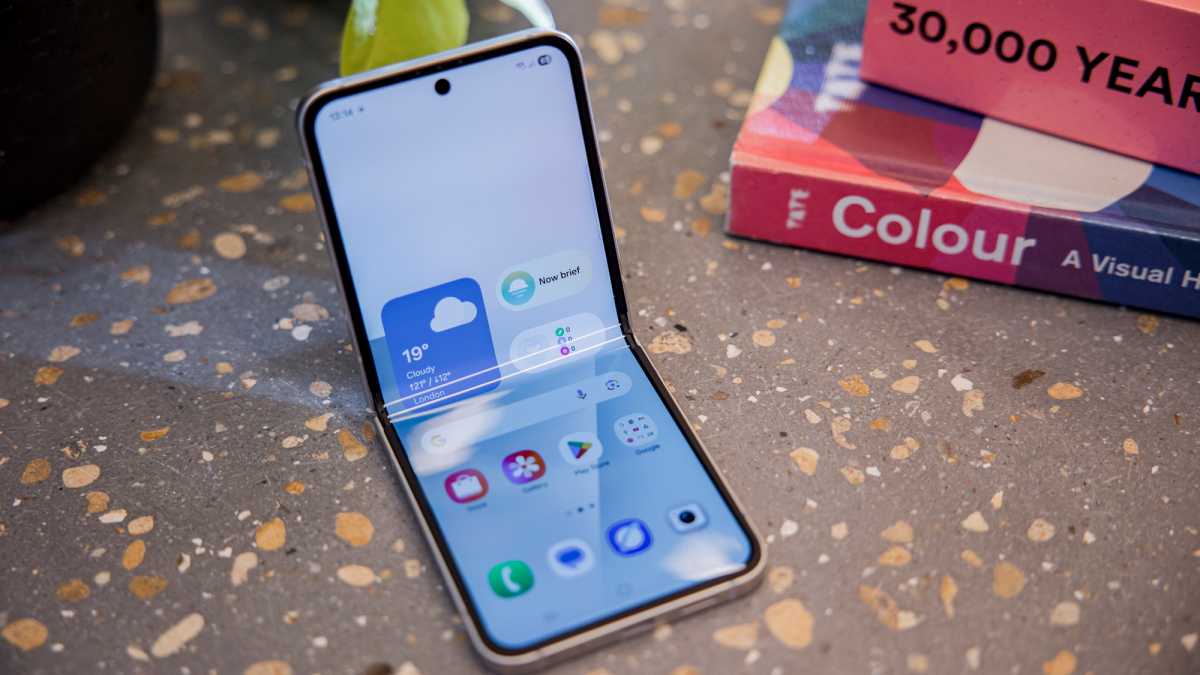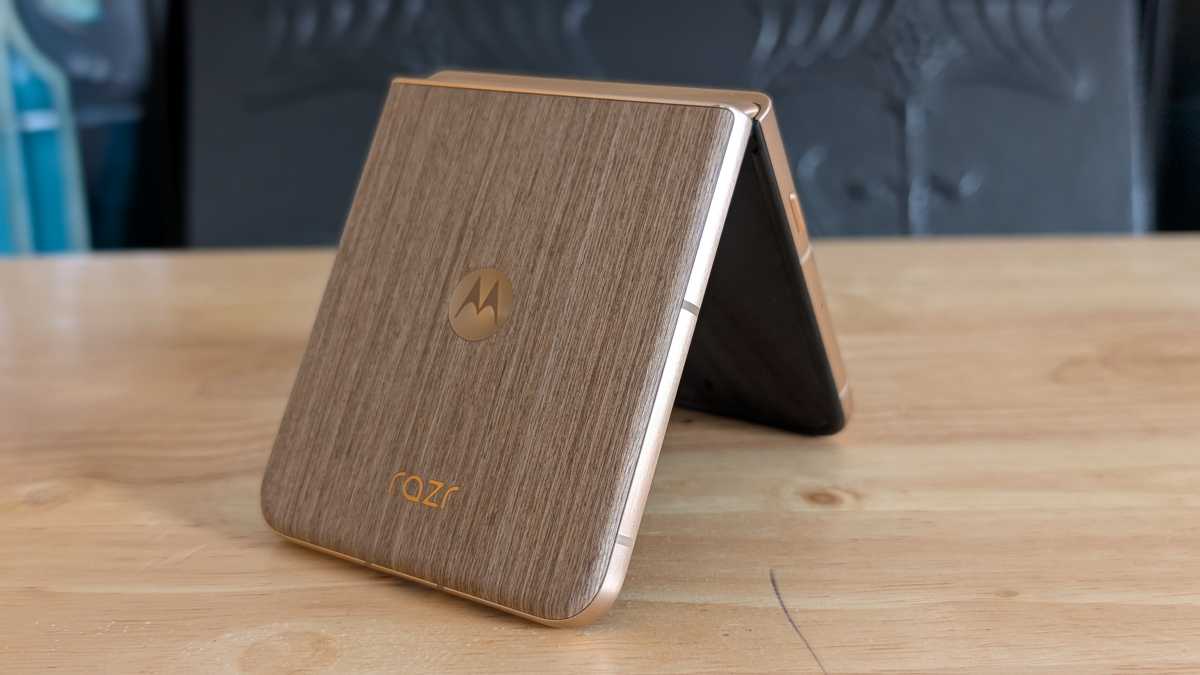Google has just launched its new flagship phones for 2025, and there’s a lot to talk about.
The Pixel 10 series has most bases covered, with an affordable model (Pixel 10), compact high-end handset (Pixel 10 Pro), big-screen phone (Pixel 10 Pro XL) and book-style foldable (Pixel 10 Pro XL) all included. Alongside the Pixel 9a from earlier this year, it’s a comprehensive lineup.
However, in spite of the fact that it’s on its third generation of book-style foldable, there’s no sign of Google showing any sign of making a flip phone. With Samsung now on its seventh generation of Galaxy Z Flip, it feels like a curious omission.
Personally, I’d love to see a Pixel Flip in the near future, but Google clearly has obstacles or objections preventing it from committing to a launch. Let’s explore what these might be, and how it could overcome them.
Flip phones aren’t popular enough
A fair argument.
According to Counterpoint research, just 1.5 percent of the total European smartphone sales in Q1 of 2025 came from folding devices. That, of course, includes book-style devices, giving flip phones an even smaller slice of the pie.
However, if that were an issue for Google, why has it even bothered with the Pixel 10 Pro Fold? It’s not as though that device is an afterthought, either – several significant upgrades have been introduced this year.
Despite dominating the market, Samsung clearly isn’t making much of its total revenue in foldable sales. But that hasn’t stopped it from launching new Galaxy Z Flip and Z Fold devices every single year since 2020.
Like Samsung, Google is one of the few tech companies that are big enough to persist with a product that isn’t selling in big numbers, which is crucial if we want the product category to grow.
They’re still too expensive
They are, but not prohibitively so. While premium flip phones cost in excess of £1,000/$1,000, that’s in line with many regular high-end handsets.
What’s more, a new wave of devices has launched at the £800/$800 mark, including the Galaxy Z Flip 7 FE and regular Motorola Razr 60 (known as Razr 2025 in the US).
If Google isn’t comfortable coming straight in at a premium price point, it could always start there and test the waters. Unlike book-style devices, buying a modern flip phone doesn’t mean you have to part with loads of extra cash.
Flip phones are inherently compromised
That’s true, at least when you look at the current options. In general, you can expect a smaller battery than on regular phones, while cameras are usually downgraded, typically with a missing telephoto lens.

Dominik Tomaszewski / Foundry
However, a prospective flip phone buyer will probably be happy to put up with these compromises to enjoy the benefits: a much more compact design, a cover screen that encourages mindful usage, and the ability to use the main cameras for selfies.
For the latter, it’d allow you to use the Pixel’s top-tier rear sensors to take photos of you and your friends. And I’d love to see what Google could do with cover screen software.
If Google can see the potential in book-style devices, it shouldn’t ignore flip phones because of their limitations.
There’s already too much competition
If you look at the flip phone market globally, this is a compelling argument. Chinese brands such as Vivo, Oppo, ZTE, Xiaomi, Infinix, Tecno, and Huawei have all launched devices of their own, making it an intimidating prospect for a newcomer.
However, not many of those devices sell in the UK, and none do in the US. In both countries, the only realistic rivals for most consumers are Samsung and Motorola. And there’s no reason why a Pixel Flip couldn’t at least beat the Razr when it comes to popularity.

Anyron Copeman / Foundry
And, with Apple potentially working on its first folding phone, it’s never too late to join the party.
The Pro Fold isn’t fully established yet
You could argue that, but what does ‘established’ even mean? A well-known product, strong sales or even mainstream appeal? Google is now onto its third generation of book-style foldable, which I’d say is established enough.

If all companies waited until new product categories were consistently good and selling well, we’d get very little innovation. At some point, you have to take a risk, and the potential negative consequences for Google are relatively minimal.
The company is certainly no stranger to cancelling products, so it’s not as though a failed Pixel Flip experiment would lead to any sort of genuine scandal.
Conversely, it provides a great opportunity for Google to make a name for itself in a product category that’s yet to truly take off.
See more news and opinions on the Pixel 10 phones in our dedicated 2025 Google Event hub.






